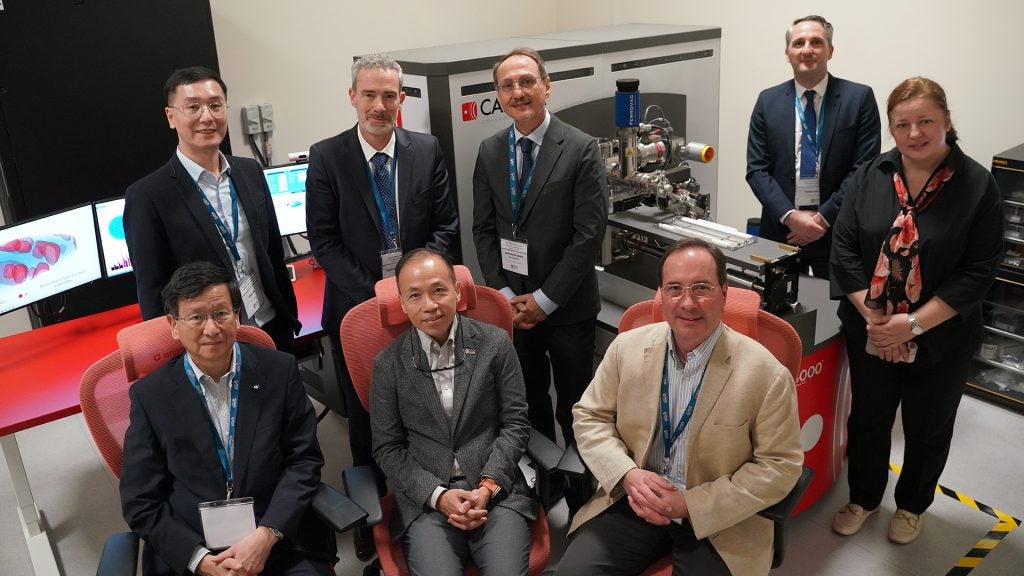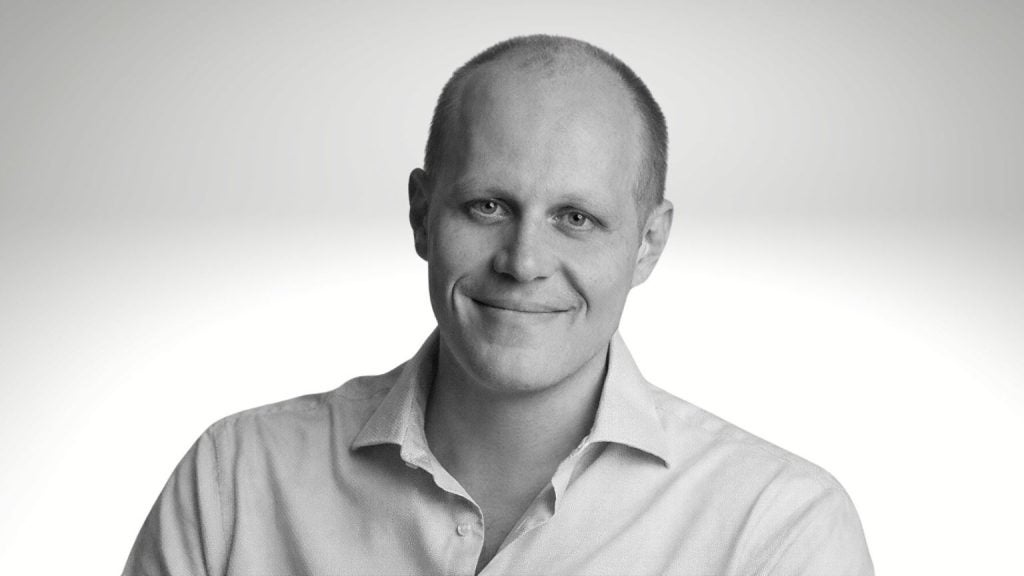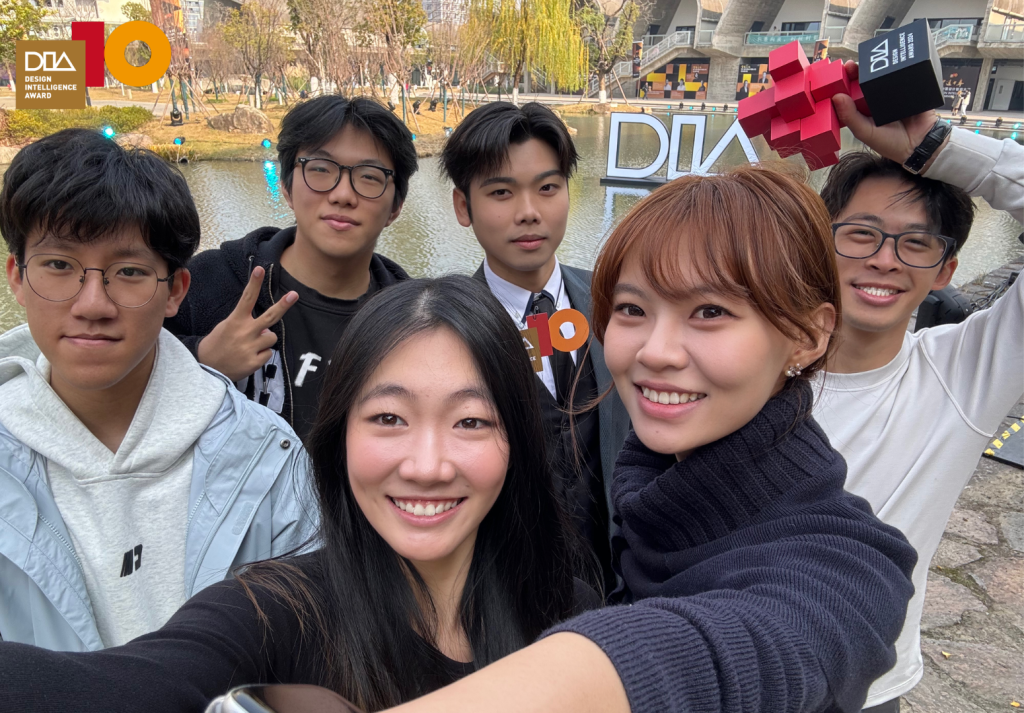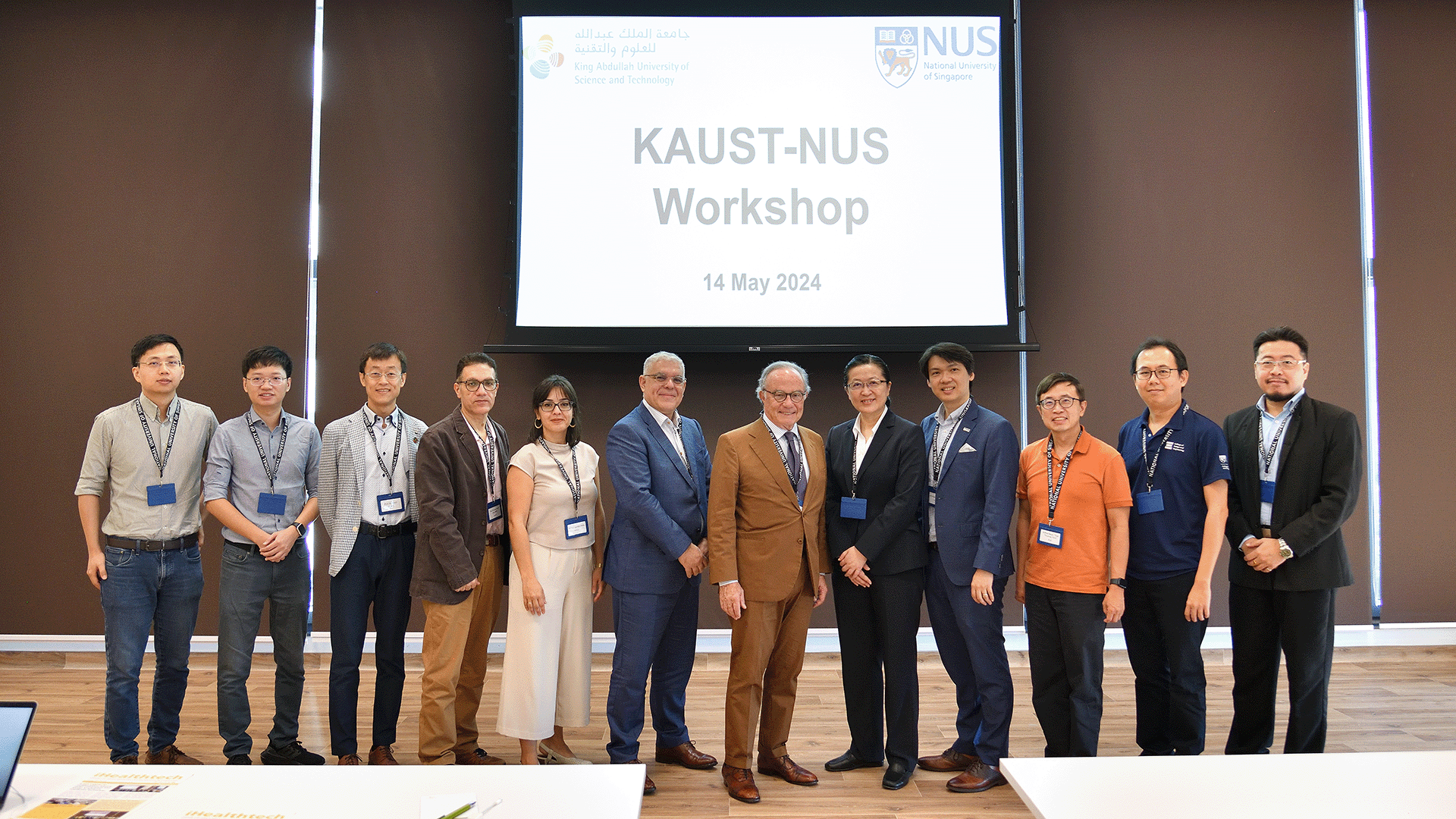
CDE hosted a delegation from Saudi Arabia’s King Abdullah University of Science and Technology (KAUST) for a day-long workshop showcasing biomedical research and healthcare innovation, focused on opportunities for cross-disciplinary cooperation.
The joint research workshop, held on 14 May, aimed to discuss and explore opportunities for greater research collaboration between NUS and KAUST, building on recent exchange visits and growing ties between the two institutions.
Opening the workshop, NUS Deputy President (Research and Technology) Professor Liu Bin (Chemical and Biomolecular Engineering) praised the excellent research work being carried out at KAUST, which she said was “very relevant to the work we are doing here at NUS”.
“There are many problems faced by the world today that are actually in common, and so we really have to work with researchers from different countries to address them together,” Prof Liu told the attendees. “We hope that this joint NUS-KAUST workshop will be a catalyst for further collaboration and exciting joint projects, building strong ties between Singapore and Saudi Arabia.”
In his own comments opening the workshop, Professor Pierre Magistretti, KAUST Vice President (Research), said NUS and KAUST shared many research interests.
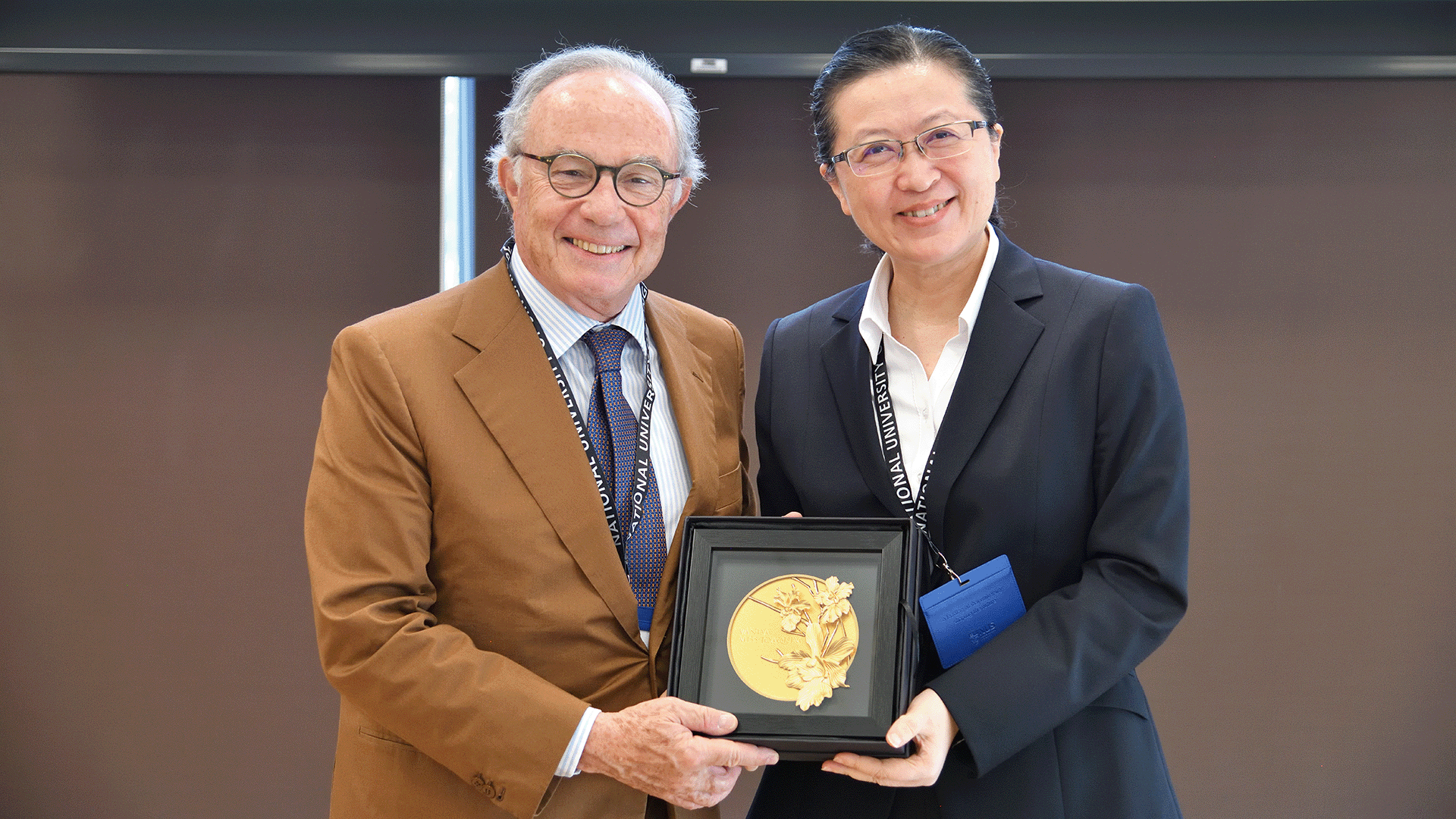
“KAUST has been focusing on food, energy, water and environment, and has expanded over the past five years into digital and health fields,” he said. “This has been encapsulated in the Smart Health Initiative, that we started at KAUST about five years ago.”
A particular focus of the KAUST Smart Health Initiative, he added, was on the interaction between scientists, engineers and clinical medicine.
“This is really a fruitful combination at this juncture of biomedical backgrounds and computation, engineering – including AI, of course – and material sciences, where the future of healthcare and medicine lies,” Professor Magistretti said. “Of course, here at NUS you have also been doing this and I think we can learn a lot from each other in this combination of disciplines.”
During the workshop, four faculty from CDE presented updates on a number of research projects:
- Assistant Professor Liu Yuxin (Biomedical Engineering) presented his work on stretchable sensors capable of detecting solid-state biomarkers on the skin. This innovation allows for continuous monitoring without the need for biofluid collection, offering potential for universal biomarker monitoring.
- Assistant Professor Cheow Lih Feng (Biomedical Engineering) introduced advancements in digital PCR technology, enhancing both speed and multiplexing capabilities. These improvements enable rapid and comprehensive molecular profiling for personalised medicine applications, including telomere length measurement for ageing and cancer, gut microbiome profiling for colorectal cancer diagnosis, and efficient pooled testing for SARS-CoV-2 infections.
- Associate Professor Yeo Boon Thye (Electrical and Computer Engineering) discussed his research on leveraging machine learning and brain imaging to understand individual behavioural traits and personalise psychiatric treatments. By mapping brain networks and predicting behaviour, his approach offers insights into precision psychiatry, potentially revolutionising mental health care.
- Assistant Professor Wu Changsheng (Materials Science and Engineering) highlighted the need for advanced biomedical technologies in response to global health challenges. He presented wireless skin-interfaced sensors capable of continuous monitoring of deep-tissue signals, paving the way for pervasive and personalised digital health solutions.
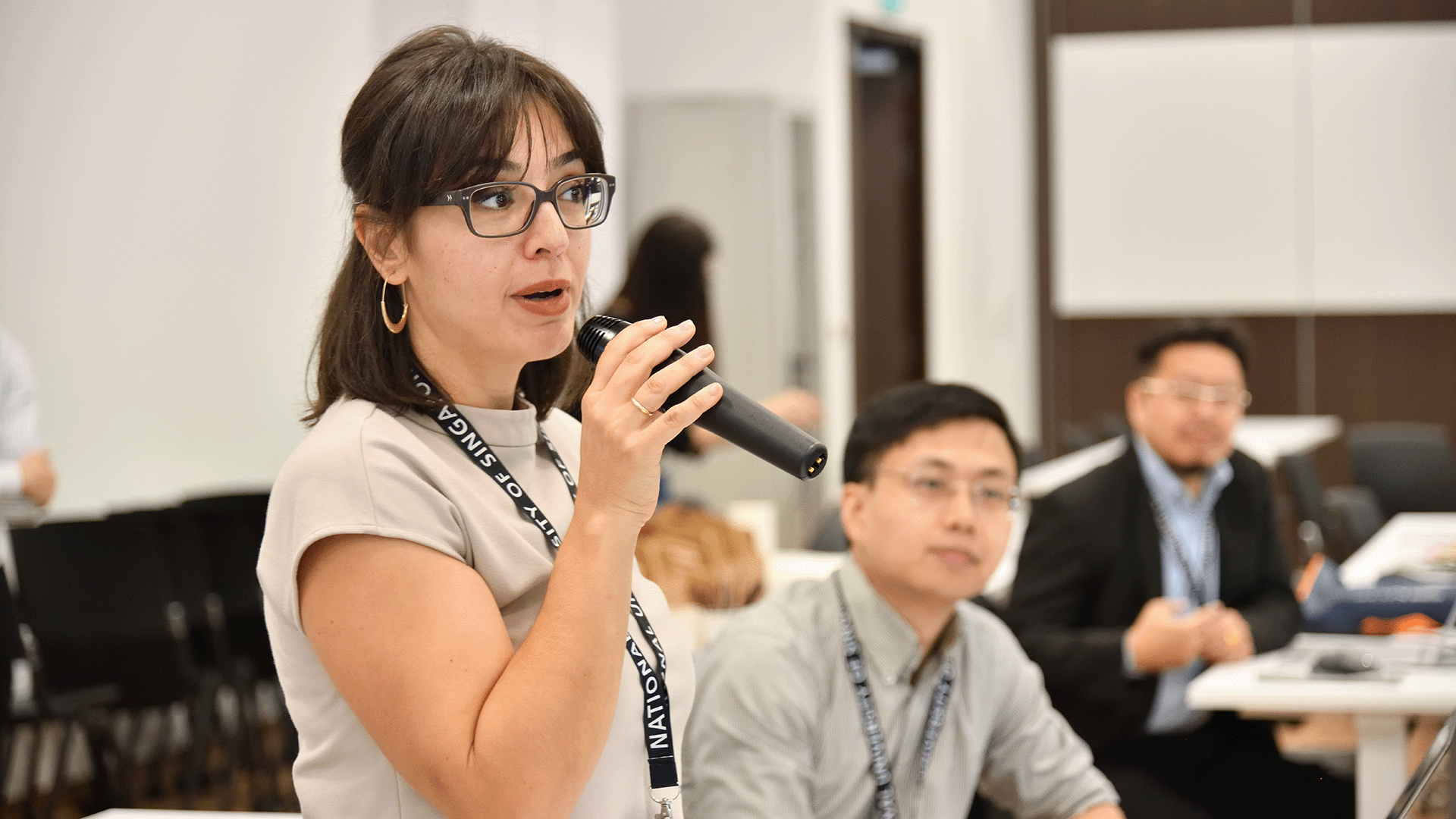
Also presenting at the workshop from NUS, Assistant Professor Ong Wei Min Catherine (Yong Loo Lin School of Medicine) discussed her research into how the response of certain enzymes and immune cells contributes to tissue damage in cases of tuberculosis. Her work studies treatments that modify the immune response to reduce this damage, highlighting a clinical trial where inhibiting these enzymes improved patient outcomes.
From KAUST, five researchers presented their research work:
- Professor Imed Gallouzi (Biological and Environmental Science and Engineering) discussed the KAUST Smart Health Initiative, bringing together more than 45 faculty from various disciplines, using AI and machine learning to develop innovative, precision and personalised methods of preventing, diagnosing and treating diseases. The initiative, he explained, is currently focused on three key areas: genetic and metabolic diseases, host-pathogen interactions, and digitalisation and AI in healthcare.
- Professor Xin Gao (Computer, Electrical and Mathematical Science and Engineering) presented his research on a domain-specific AI model, built on a similar framework to ChatGPT, being used in biomedicine to tackle various challenges, including predicting the evolution of the COVID-19 virus to design optimised antibodies.
- Professor Khaled Nabil Salama (Computer, Electrical and Mathematical Science and Engineering) spoke on the use of laser-derived graphene (LDG) in creating advanced electrochemical sensors and biosensors, offering benefits such as cost-effectiveness, fast electron movement, and good electrical conductivity.
- Associate Professor Sahika Inal (Biological and Environmental Science and Engineering) discussed her work using organic electronic materials to create sensors that can detect disease-related molecules, in particular one that detects Alzheimer's disease proteins and another that detects coronavirus spike proteins.
- Presenting remotely via Zoom, Assistant Professor Nazek El-Atab (Computer, Electrical and Mathematical Science and Engineering) spoke about her development of a 3D-printed biosignal-monitoring skin patch, designed with octopus-like suckers rather than chemical adhesives for use in a wide range of health and medical applications.



